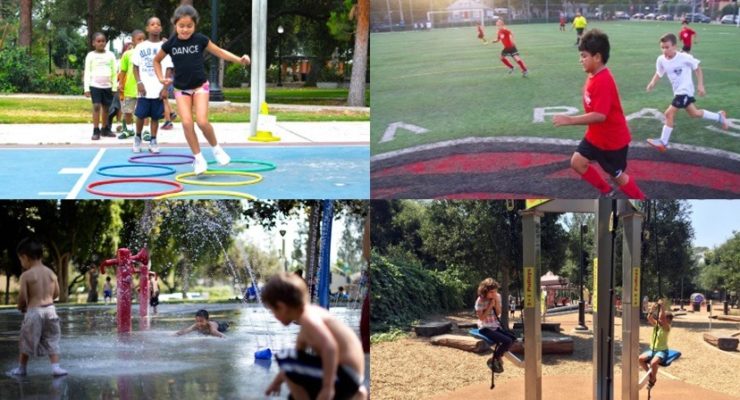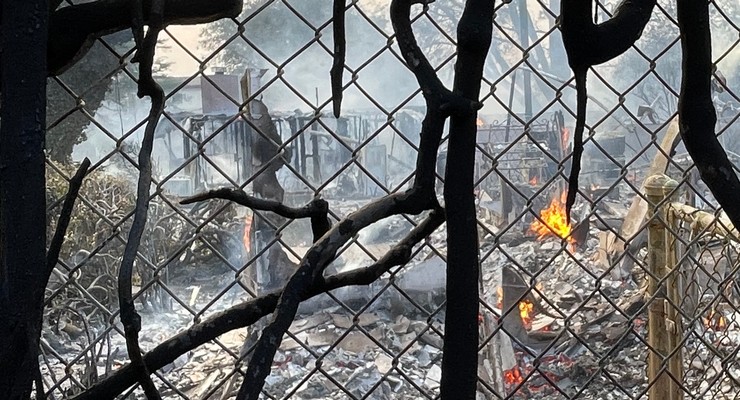
The Pasadena Public Health Department has issued preventive guidelines for schools and early childhood education centers to reduce potential lead exposure among children in two Pasadena communities. This action follows an April 10 soil sampling study by the Los Angeles County Department of Public Health that found elevated lead levels exceeding California screening thresholds in residential properties within these areas.
“Soil testing at sensitive sites is a practical next step following the County soil study results,” said Manuel Carmona, Director of Public Health. “We continue to meet with the school District, private schools, and early childhood education centers to review our guidance and ensure they have the information needed to help protect youth in the Pasadena community.”
The affected areas include neighborhoods bounded by Lincoln Avenue, Washington Boulevard, North Altadena Drive, and the city limit on the north, as well as a second area bounded by North Altadena Drive, Orange Grove Boulevard, Washington Boulevard/Eaton Drive, and Washington Boulevard to the north.
Health officials strongly recommend educational facilities within these communities consult qualified professionals to conduct soil testing for heavy metals and, if needed, complete remediation. They should also take immediate preventive measures. These measures include closing field areas with exposed soil, restricting access to school gardens, avoiding consumption of produce harvested from school gardens, and preventing children from playing in or eating soil.
Additional recommendations focus on keeping soil outdoors by using sticky mats or doormats, increasing handwashing after outdoor activities, wet mopping entryways daily, and washing toys that contact soil. These practices should remain in place until testing results are available or remediation is completed if necessary.
Dr. Elizabeth Blanco, Superintendent of Pasadena Unified School District, emphasized their commitment to student safety: “Our highest priority will always be the health, safety, and well-being of our students and employees. Pasadena Public Health Department’s guidance helps ensure that every student and employee can learn and work in a safe environment. We are committed to full transparency and will continue to keep our school communities informed and engaged every step of the way.”
The health department notes that the screening levels used in the study are stricter than federal EPA standards. Lead levels below the screening threshold used by the Los Angeles County Department of Public Health are considered protective over a lifetime of exposure even for the most vulnerable people, while levels above the threshold indicate a potentially unsafe amount of lead in the soil. The California Department of Toxic Substances Control soil lead screening levels are not intended to imply a need for clean up or remediation but indicate the need for additional evaluation.
Children under six years of age require special attention because they tend to put their hands in their mouths and sometimes eat soil. People can introduce lead-contaminated soil particles into buildings as lead dust on shoes or clothing.
For residents concerned about lead exposure, the health department outlines three options for blood lead testing: through personal medical providers (covered by most insurance plans), via free appointments at Quest Labs (by calling 1-800-LA-4-LEAD), or at upcoming mobile testing events. The Los Angeles County Department of Public Health will offer a free mobile blood lead testing event on Sunday, April 27, from noon to 5 p.m. at Eaton Health Village/Pasadena Seventh Day Adventist Church.
The Pasadena Public Health Department continues to request state and federal support for additional testing and emphasizes that these preventive measures may be beneficial to all education settings and early childhood education centers within Pasadena, including those outside the defined communities.














 0 comments
0 comments


